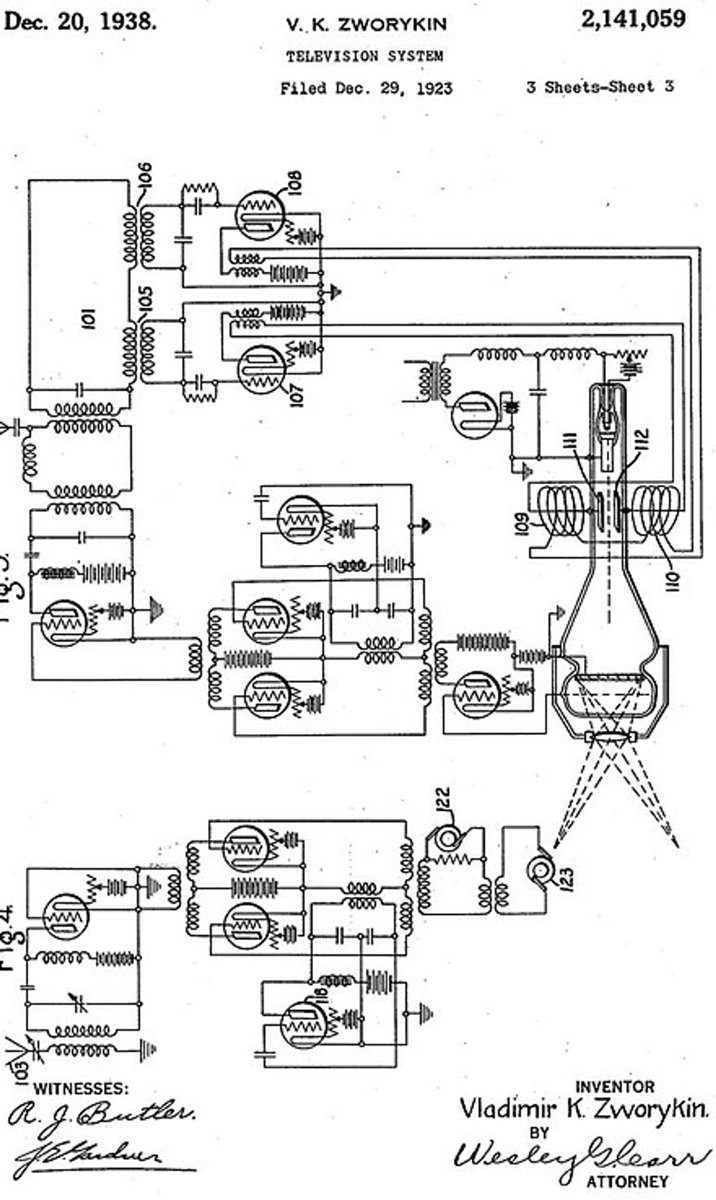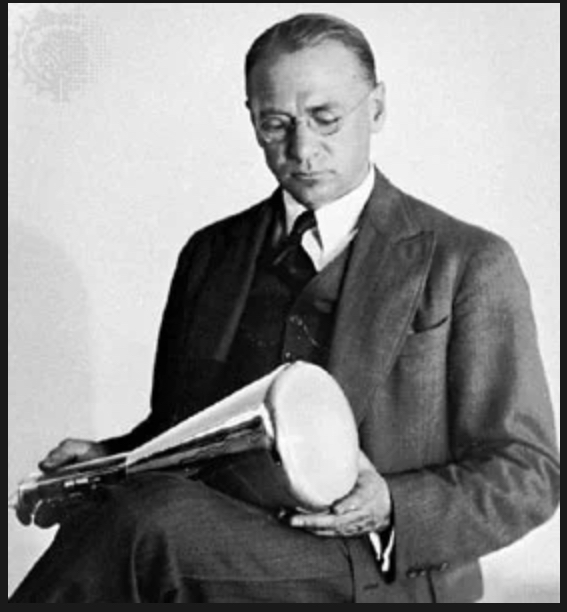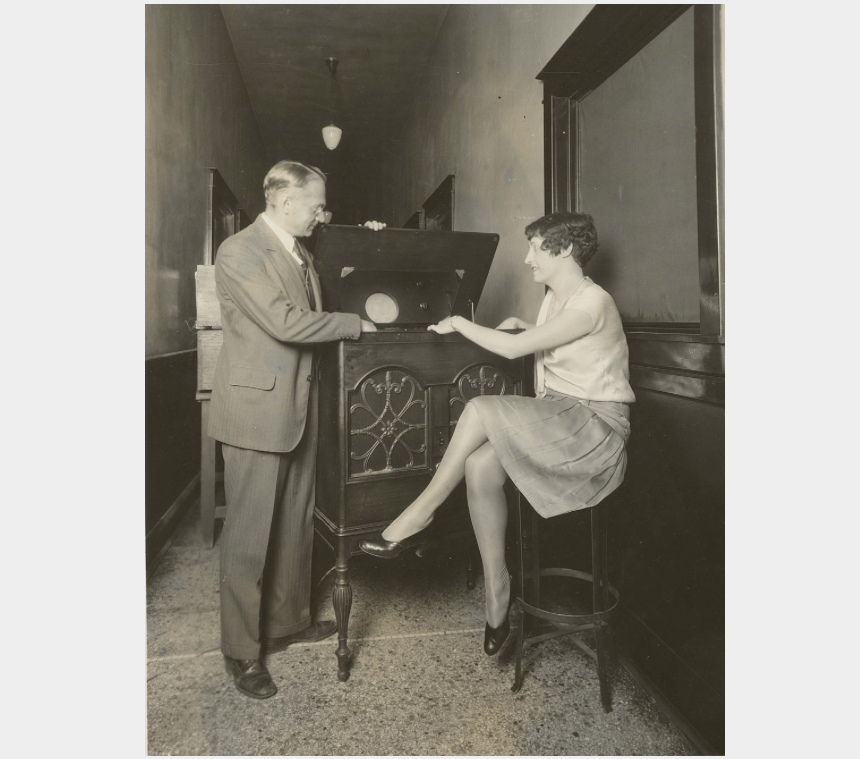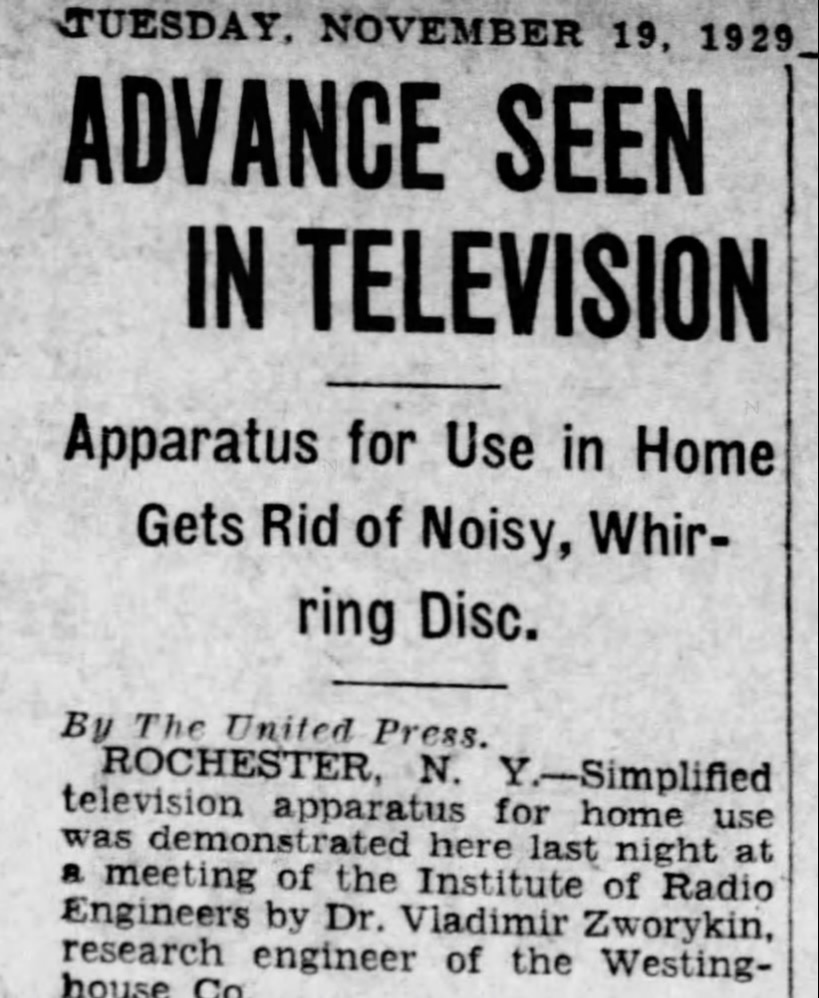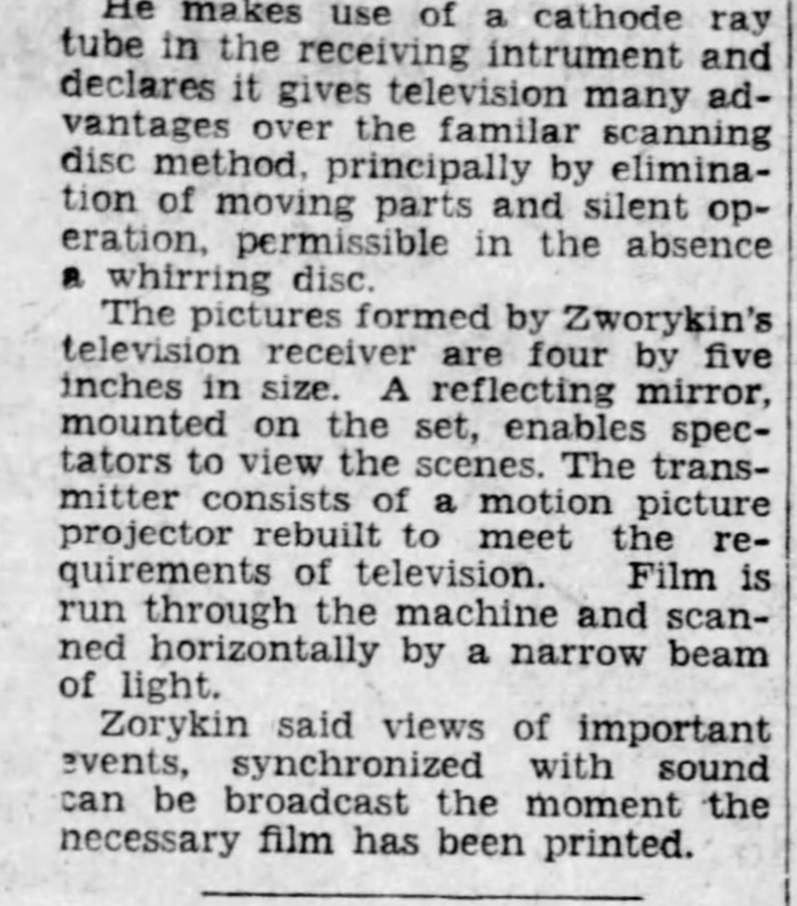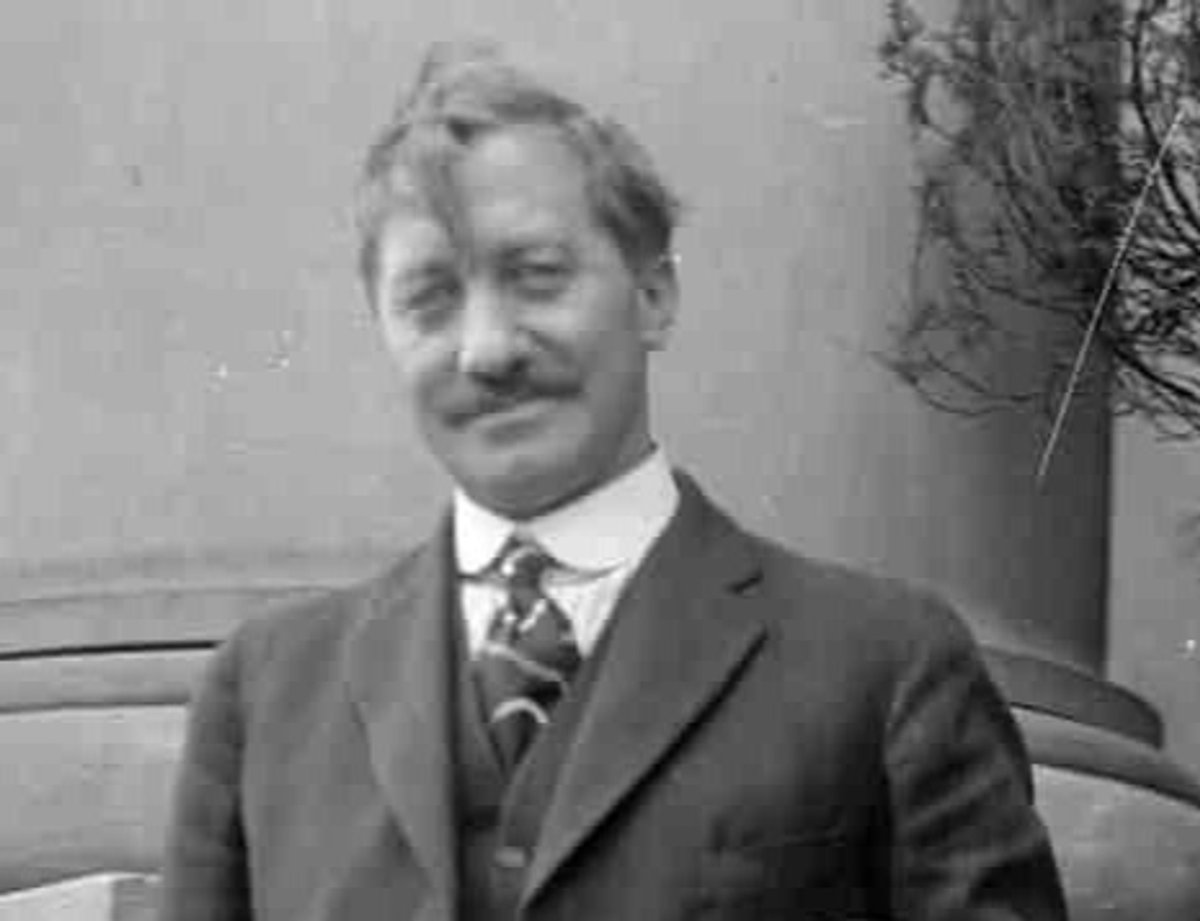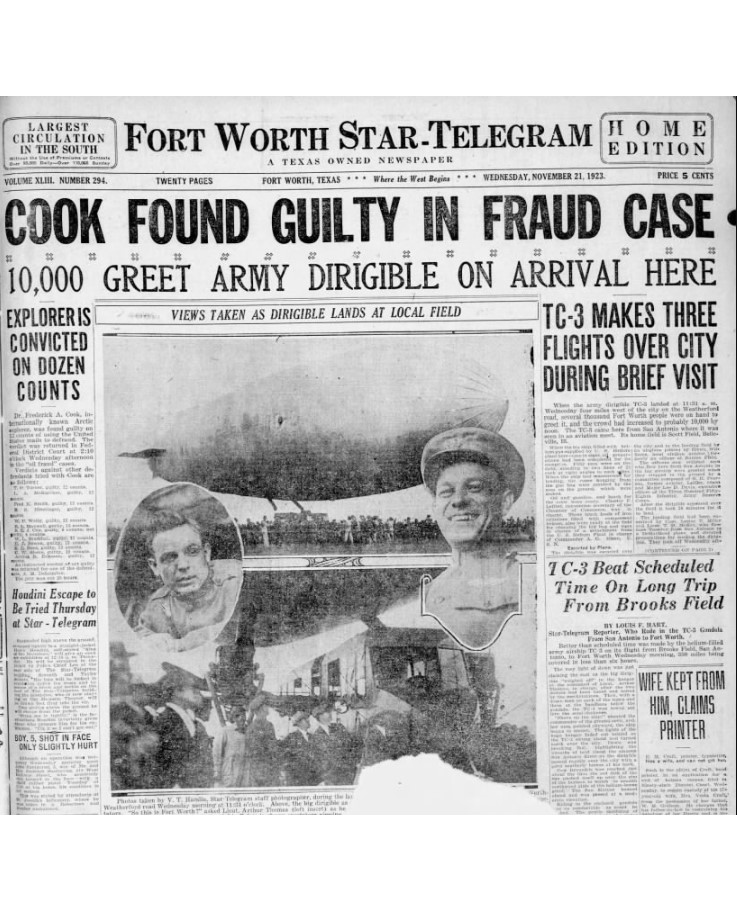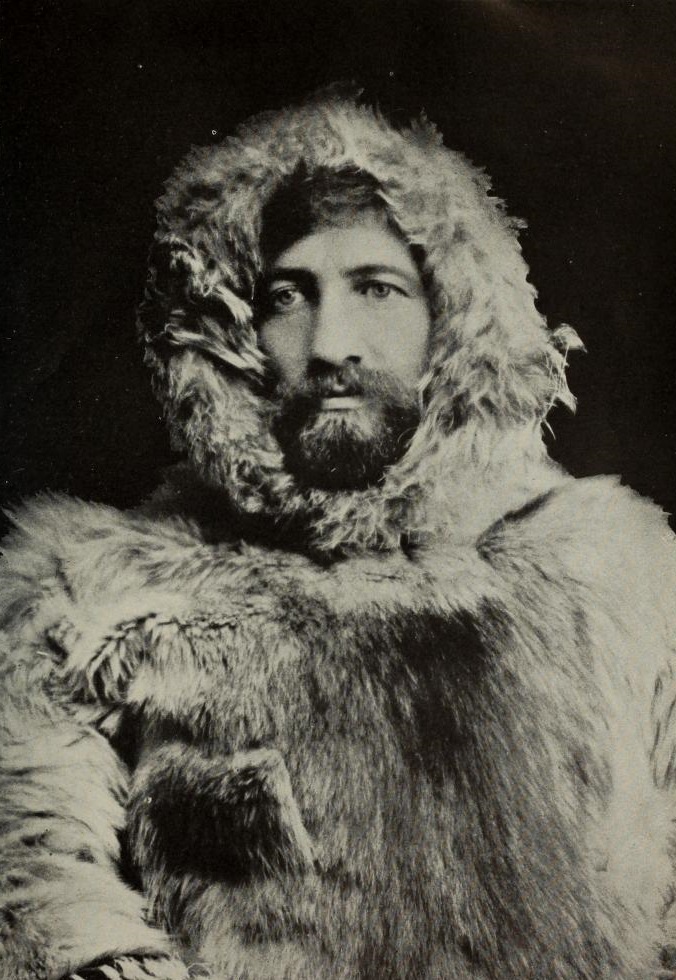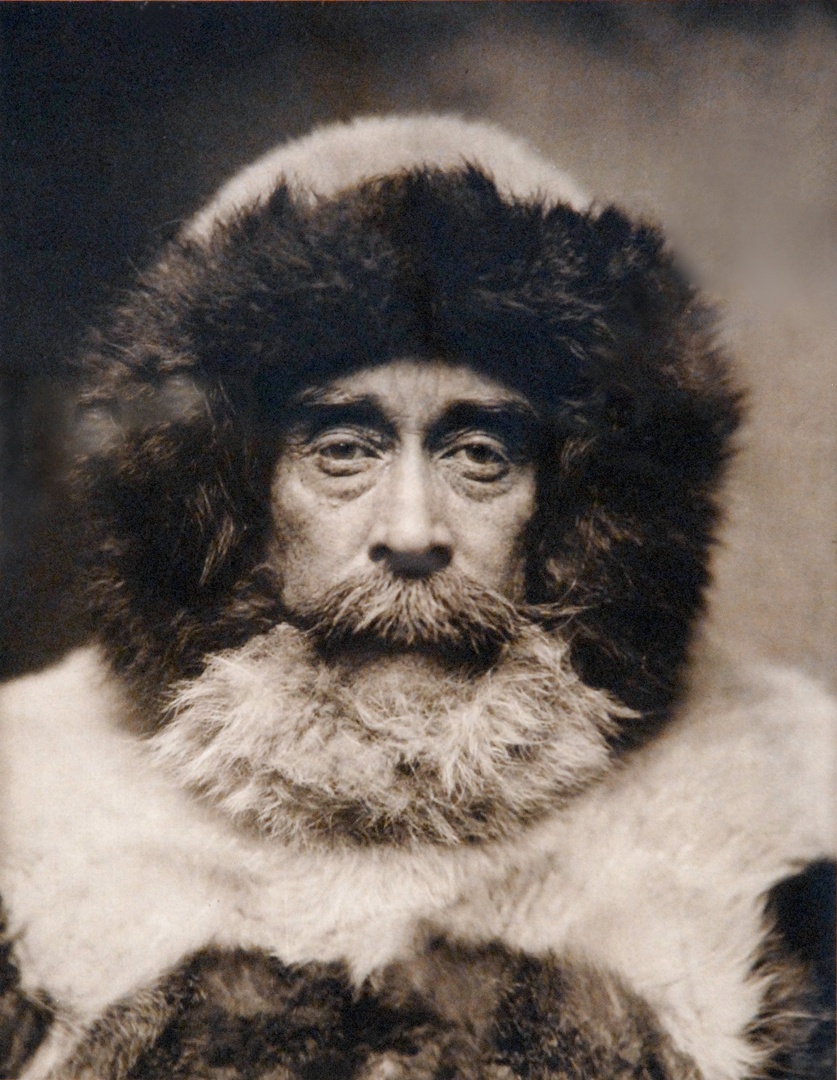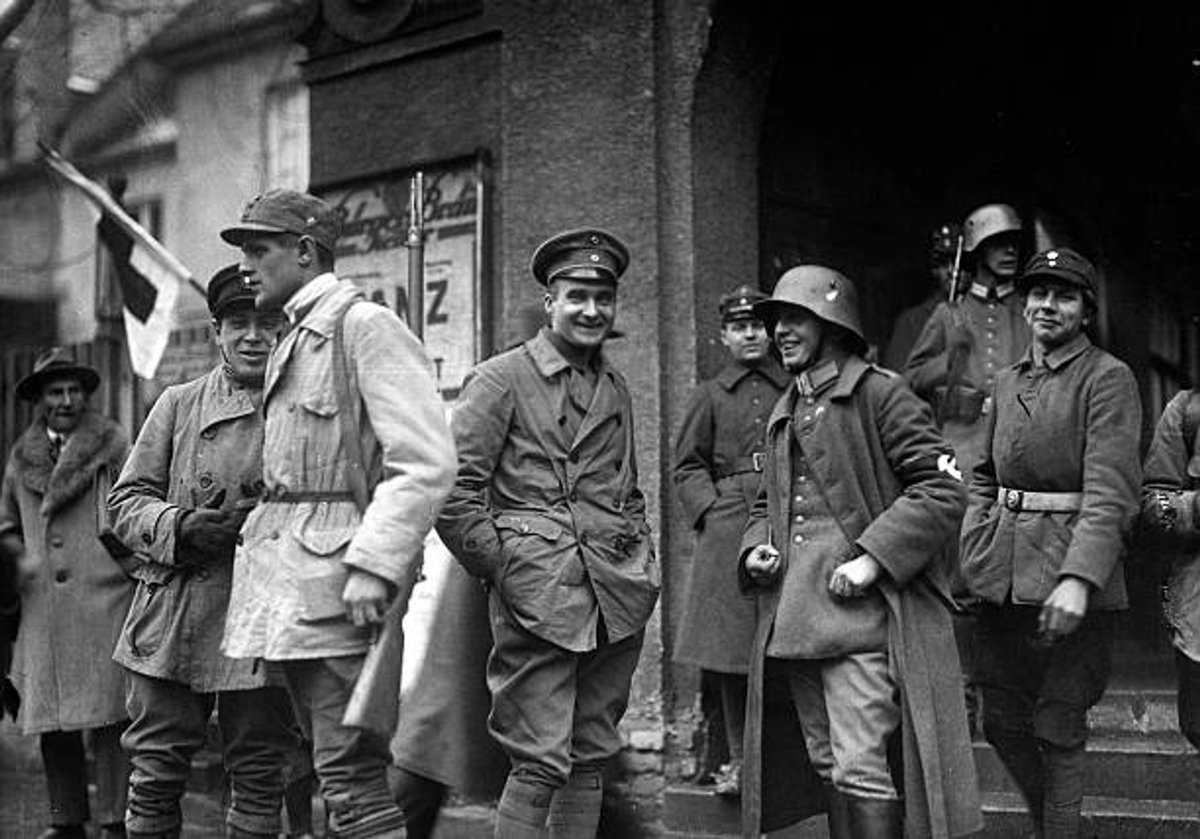Jan. 1, 1924: A wealthy oilman hosting a Los Angeles get-together with movie comediennes Mabel Normand and Edna Purviance is shot by Normand's chauffeur. The motive for the wounding of Courtland Dines is unclear, with the witnesses offering inconsistent accounts. 1/5






Illicit booze is flowing freely between the friends when Normand asks her driver, Horace Greer, to go home to bring a present for Dines. Greer returns with the gift; Dines lets him in; and then Greer fires three shots into him with Normand's .25-caliber pistol. 2/5




Greer, an escaped convict who also goes by Joe Kelley, claims he fired in self-defense when Dines attacked him with a bottle. Others who were at the home that night say Dines was rude and verbally abusive to Normand that light, bringing suspicion that Greer had other motives. 3/5 

Purviance, who was being romanced by Dines, claims she only heard the shots and didn't see who fired them. Normand gives a series of evasive answers when questioned at a hearing. Dines refuses to press charges at all, or to testify, and his assailant goes free. 4/5 

Photos emerge of Purviance, Normand and Dines clowning on a yacht, adding to hints of a love triangle. Purviance, once Charlie Chaplin's leading lady, is forever done in the movie industry. For Normand, this is just her latest scandal; she will wrap up her career in theater. 5/5




• • •
Missing some Tweet in this thread? You can try to
force a refresh




